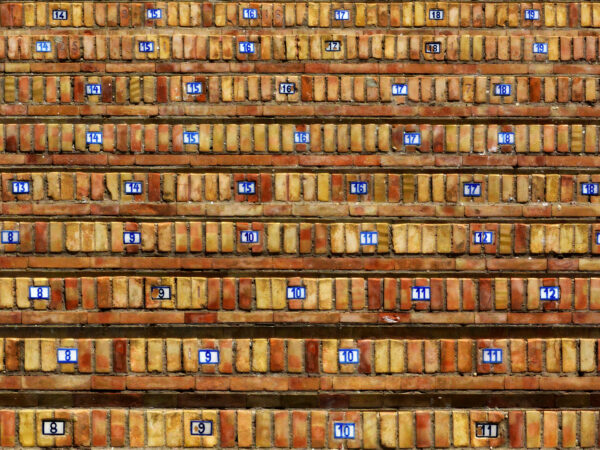
An occasional characterization of the Book of Haggai is that it is self-interestedly supportive of the ascendant Persian Empire. I elaborate on this description and then problematize it by demonstrating that this pericope reveals the prophet to be subversively mimicking the Achaemenid imperial metanarrative.
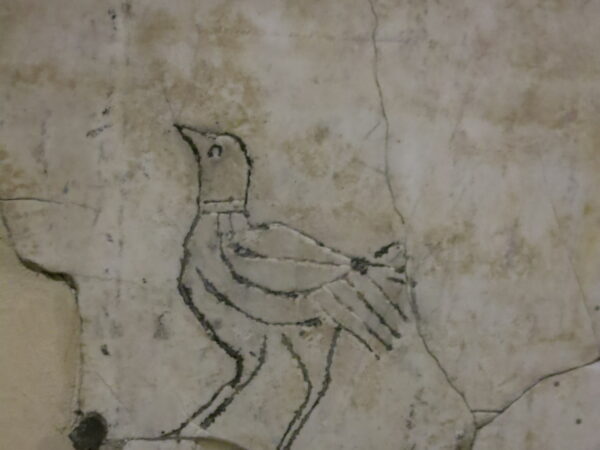
Is it possible to consider an askesis of otherwise imaginaries without falling prey to the ascetic ideal?
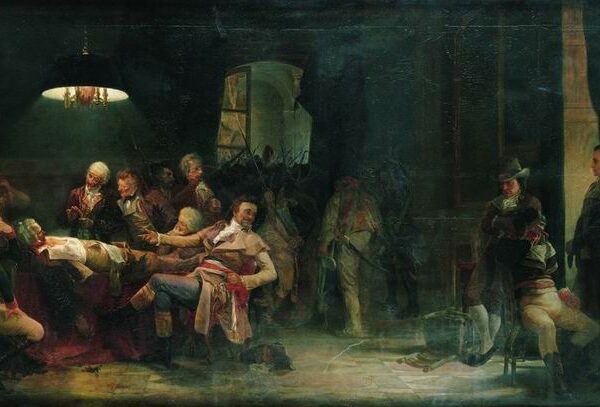
Authoritarianism in Christianity is a feature, not a bug, and it is unlikely to change any time soon. Perhaps on its own it is a problem mainly to those inside the faith. But when Christian authoritarianism hooks up with fierce cultural reaction, it can become a profound problem for society.
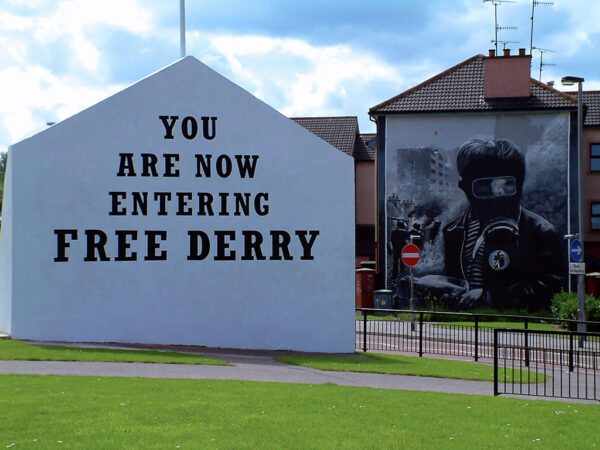
How do we maintain hope in the face of a seemingly unending time of strife, violence, and conflict? Seek out beauty, depend upon hope…and dance, even in the face of unending war. Hope does not ignore the struggle, nor does it free us from the scars resulting from our struggles. The people of Israel will always carry the scars of their trauma with them; yet, scars also signify survival.
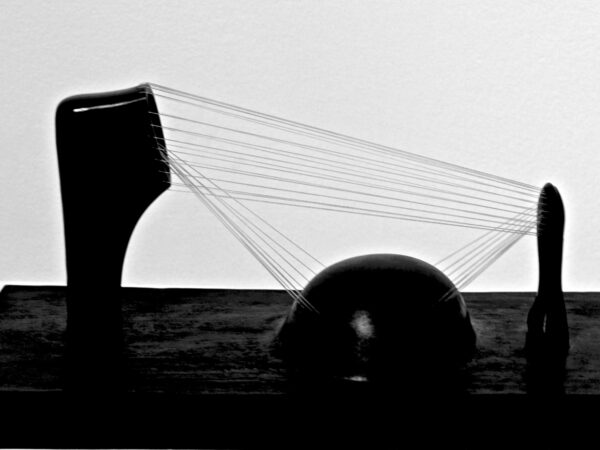
All three texts concern lives: the formed life, the deformed life, and a life without a why – a useless life freed from subjection to transcendence.
 [1]">
[1]">Like authoritarian regimes throughout history and around the world, threats to cultural and political power are leading many on the Christian Right to fear declining national birth rates and promote traditional gender roles and having more babies for “the nation.”
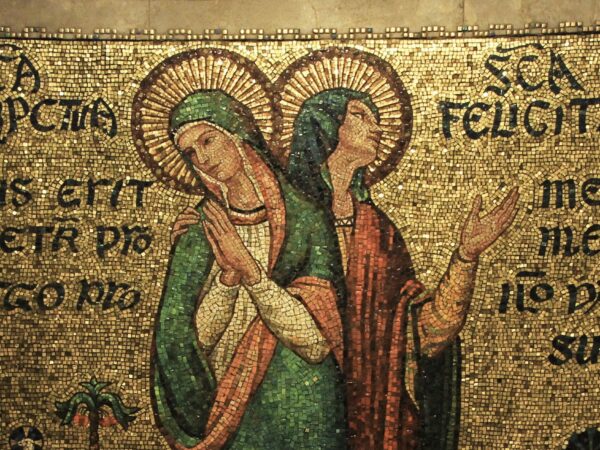
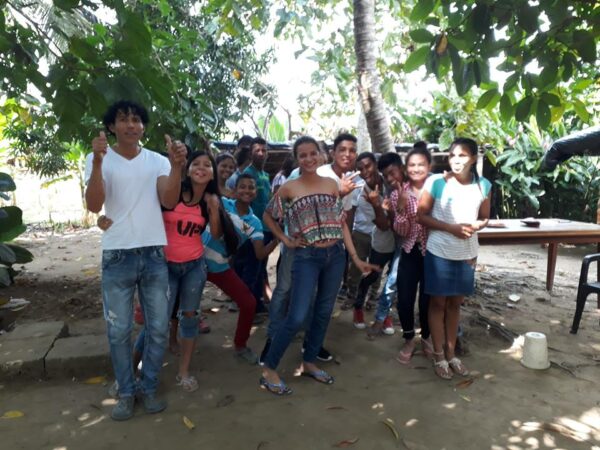

![Political Awakening and Ascension of the Matuas in Post-independence Bengali Society (1947-2011) (স্বাধীনতা উত্তর পর্বে বঙ্গীয় সমাজে মতুয়াদের রাজনৈতিক জাগরণ এবং উত্তরণ [১৯৪৭-২০১১]), an interview with Kanu Halder](https://politicaltheology.com/wp-content/uploads/2022/10/Haldar-1-e1666007172763-600x450.jpg)
